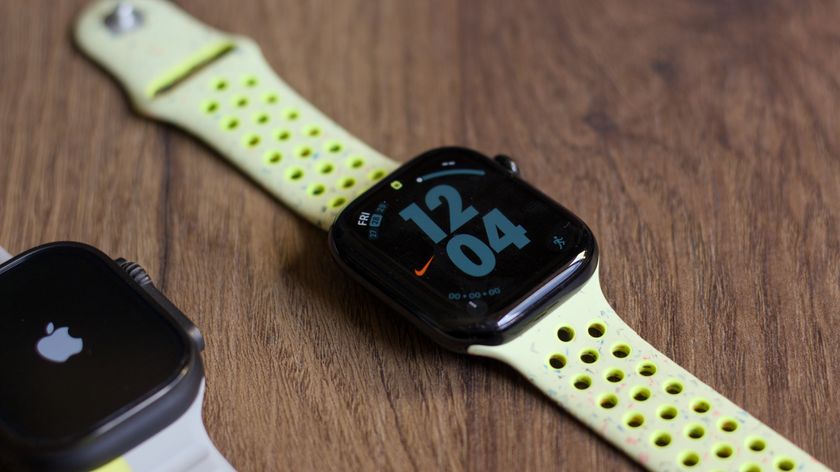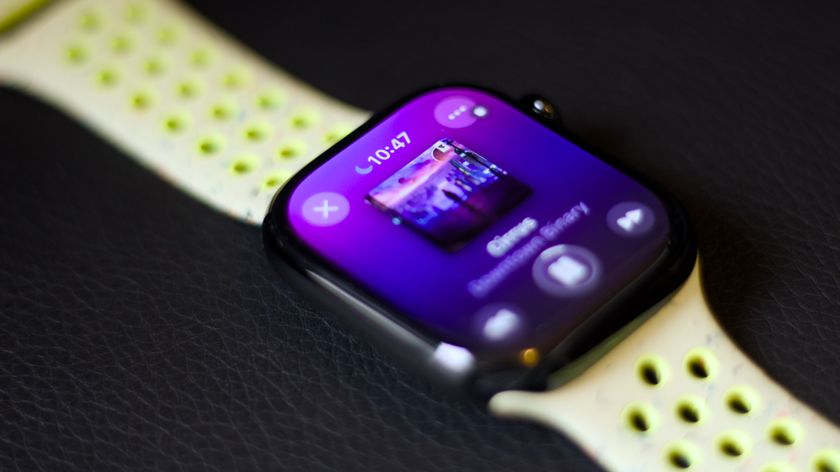Clearview AI biometric firm suffers massive data breach
The company lists law enforcement agencies as its clients

Facial recognition startup, Clearview AI has suffered a data breach which has exposed its entire client list. The company has a database of over three billion photographs from popular social media networks like Facebook, Twitter, YouTube, Venmo and LinkedIn.
The leaked data not only has the client list but also includes the number of accounts for each customer and also the number of searches each of these customers has made.
While the exact nature of the breach is still unknown, the company said that the flaw has already been patched, and that there was “no compromise of Clearview’s systems or network.”
- Chrome patches another serious zero-day vulnerability
- WhatsApp Desktop patches major security vulnerability
- Vulnerable Gigabyte driver allowed RobbinHood ransomware infections
Clearview breach
Clearview attorney Tor Ekeland said "Security is Clearview's top priority. Unfortunately, data breaches are part of life in the 21st century. Our servers were never accessed. We patched the flaw and continue to work to strengthen our security."
Clearview AI, which works with banks and law enforcement agencies like police, FBI and DHS as well, claims that the intruder was not able to access the search history of its clients.
The company has already been facing a lot of scrutiny since a report from the New York Times claimed the company built up its image database by taking pictures straight from web pages.
Several major tech companies, including the likes of Google, Twitter, Facebook, and YouTube have already asked the company to stop its practices and issued a cease and desist notice. The State of New Jersey has also forced a ban on the statewide law enforcement agencies from using Clearview’s services.
Are you a pro? Subscribe to our newsletter
Sign up to the TechRadar Pro newsletter to get all the top news, opinion, features and guidance your business needs to succeed!
The company however maintains that it has not done anything wrong by collecting images off the Internet, with it’s CEO even stating that it was done with the best of intentions, and pledging not to sell any data to foreign countries.
- The best antivirus software for 2020
Via: BBC
Jitendra has been working in the Internet Industry for the last 7 years now and has written about a wide range of topics including gadgets, smartphones, reviews, games, software, apps, deep tech, AI, and consumer electronics.











